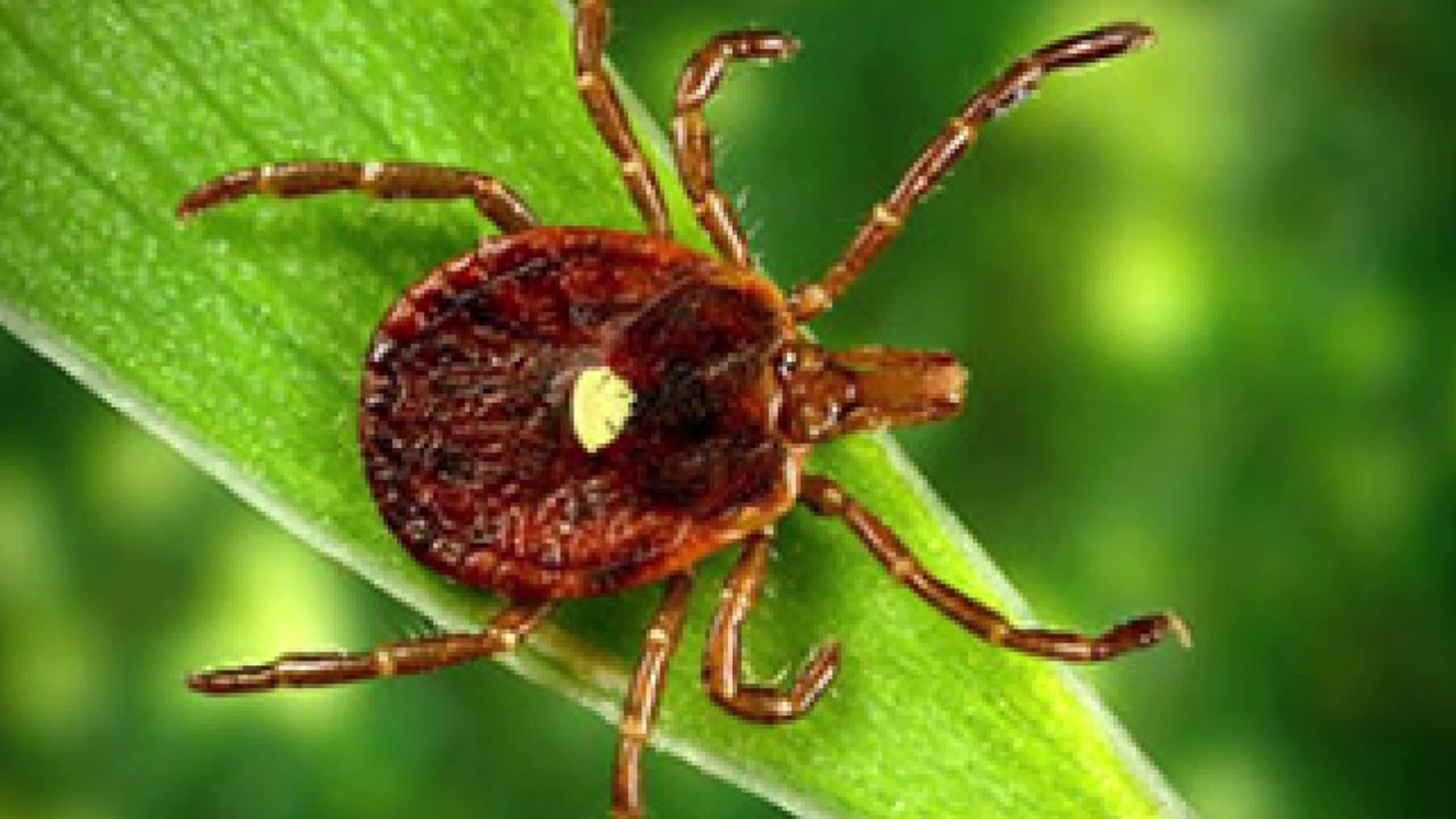STROUD TOWNSHIP, PA — Lyme disease is the most common tick-borne illness found across northeastern and central Pennsylvania.
But a new one may be emerging.
Dr. Jeffrey Jahre, the senior vice president of medical and academic affairs at St. Luke's near Bartonsville, says a bite from a "lone star" tick can cause a meat allergy called alpha-gal syndrome (AGS).
"Alpha-gal is a shortened version of a name for sugar or carbohydrate that is found in all non-primate mammals' red meat," Sr. Jahre said. "We're primarily talking about here beef, pork, and lamb."
Dr. Jahre says it all starts when a lone star tick bites a cow or other animal that is used for meat, and then that same tick bites a human. The allergy is then passed to the person through the tick's salvia.
Dr. Jahre says symptoms of Alpha-gal syndrome include an itchy rash, swelling of the lips, and closing of the throat.
But that's not all.
"2-6 hours after they eat any kind of red meat, they may develop issues with their digestive system," Dr. Jahre said. "That can have to do with abdominal pain, diarrhea, and general indigestion, and particularly it can keep them up at night."
According to Dr. Jahre, the lone star tick is the most common in the southeastern, central part of the states. But is starting to work its way into our region.
The biggest issue with the new allergy, Dr. Jahre points out, is that many clinicians aren't even aware it exists, let alone how to diagnose it.
"Many people have had this diagnosis but haven't been adequately diagnosed because it just wasn't well known. So there is a blood test that can be done," Dr. Jahre said. "It's usually primarily done by an allergist; if they have the appropriate symptoms and the positive blood test, then at least they know."
Dr. Jahre says the best way to protect yourself when you go outside is to use insect repellant, avoid wooded areas, and inspect yourself for ticks when you get home.
If you are diagnosed with the meat allergy, the CDC says the best thing to do is stop eating meat.
For more information on alpha-gal syndrome (AGS), click here.
Check out WNEP’s YouTube channel.

